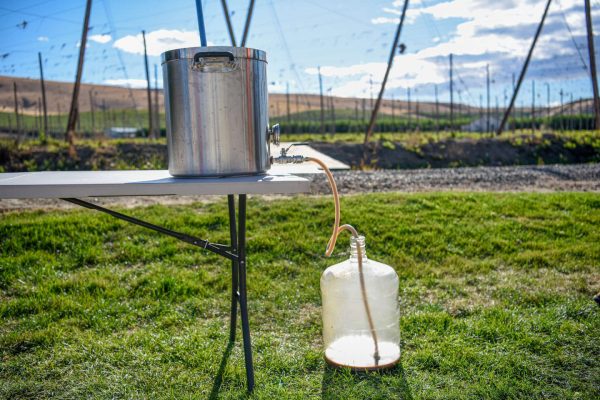
Brew Pi: The Future of Homebrew Fermentation
This homebrew system project was submitted by AHA member Chris Allen. Calling Nashville, Tenn. home, Allen has immersed himself in the vibrant homebrew and craft beer community in Music City, and is dedicated to mastering the art and science of beer making. Share…






Share Post